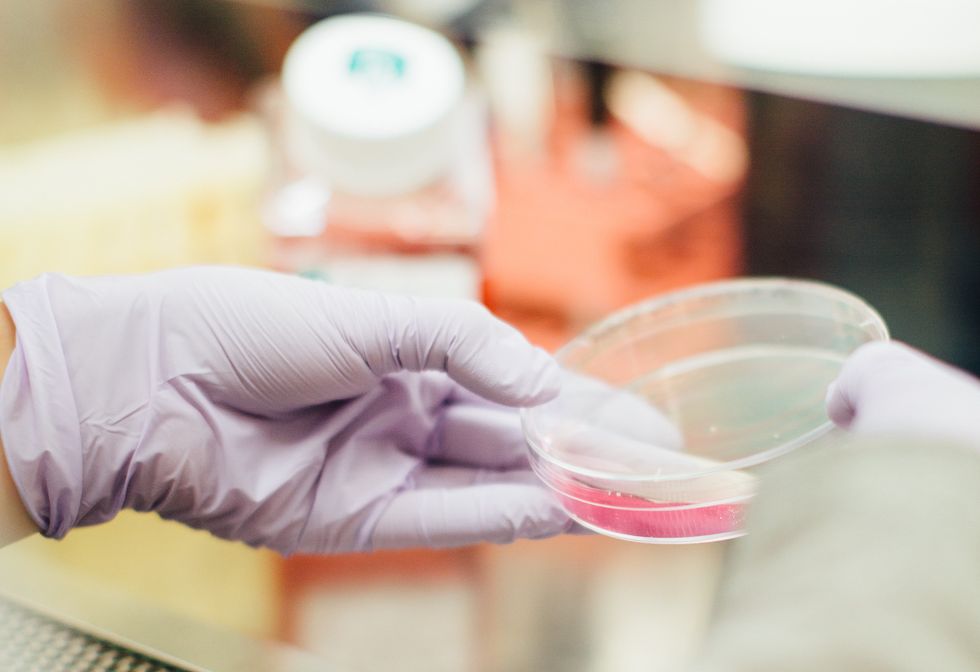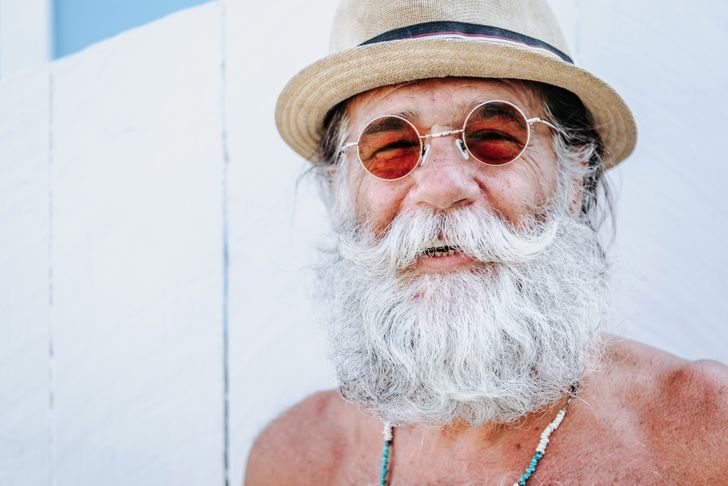Science is functioning normally when it has dissidents. It is perfectly fine for a biologist to have reservations about the frequency of vaccines or for a climatologist to be skeptical of methane’s role in climate change. The problem comes when the scientifically unorthodox goes beyond being merely a degree of skepticism and becomes a dogma of its own, as pervasive anti-intellectualism's like climate change denial and the anti-vax movement have.
The long and short of it is, unless you’ve spent several decades in the field studying a problem from every angle, you are certainly best off operating under the assumption that the mainstream consensus is true. You’re putting your child in more danger driving to the clinic than giving them a vaccine. But because science is so unintuitive, because mainstream understanding about science is so frequently wrong, and because the unorthodox is sometimes profitable irresponsible and unscientific notions have gained dangerous traction.
Science is complicated. Otherwise, anyone could be a physicist. And science is complicated for reasons besides just requiring specialized skills and years of study. Science does require an understanding of mathematics and an ability to visualize abstract concepts; but more than that, to be a good scientist you have to unlearn a great number of natural cognitive biases.
There are many such biases, but the most powerful is probably confirmation bias, the tendency to seek out data that agrees with pre-existing ideas. Confirmation bias is so powerful that even the most experienced researchers are constantly wary of it. There’s also the placebo effect, selection biases and others; basically, human psychology is its own obstacle to scientific understanding.
Another component of the human brain that frustrates scientific discussion is that our species is bad at objectively evaluating risk. We tend to be too worried about big, single events with horrific consequences and not worried enough about small, subtle changes for the worse. It’s why people are more afraid of flying than of driving despite driving being statistically more dangerous.
In this case, it also explains why it’s so hard to shift beliefs that vaccines are dangerous (having a serious allergic reaction to a vaccine is highly unlikely, but dramatic) and why it’s so hard to convince politicians that global warming is an existential threat, because it’s a slow process that’s difficult to observe directly.
Science education is also in a sorry state in this country. It isn’t merely that comprehension of basic scientific concepts is limited in the general public, although that is a problem on its own; it is that the average citizen is woefully lacking in scientific literacy, the ability to understand the process of science and utilize it in personal and civic decision making.
For evidence, look no further than the endless parade of media coverage every time a new study is published suggesting a link between cancer and some mundane food or household item. Preliminary studies have their place, but inevitably news outlets will butcher interpreting the results until the message we get is something like “Science Says Blueberries Cure Cancer.”
These messages are unhelpful both for dissolving the image of general scientific consensus (“Last week they said it was strawberries, now this week it’s blueberries?”) and promoting the idea that there is a single monolithic institution of Science that hands down judgments on what we ought to do.
Lastly, there is the ugly fact that there is profit and political gain to be had in exploiting the complexity of science and the widespread misconceptions about it. Scientists are human too, and like all humans, some scientists are severely lacking in basic scruples. Take the case of the notorious Andrew Wakefield, who may be the founder of the anti-vax movement.
Wakefield published the infamous study that suggested a link between the MMR (measles-mumps-rubella) vaccine and autism. This study was plagued with procedural issues: the sample size was 12, for instance, which is almost comically few data points. Yet despite its flaws, the conclusion that the MMR vaccine causes autism has led to outbreaks of measles across the US and UK.
Mr. Wakefield, as it turns out, was on the payroll of lawyers actively engaged in lawsuits against companies that make vaccines, and the British Medical Journaleventually concluded the entire study was conducted for “financial gain” in an elaborate fraud at the expense of public health.
It is tempting when faced with the difficult intersection of science and policy to try and hide science's normal process somehow so that those with an agenda can't exploit healthy skepticism for their own gain. But that would only heighten public distrust in the institution of science. Instead, we must have a free and open conversation about the realities of doing science, so that the Wakefields of the world can't continue to abuse them.




 Going to the cinema alone is good for your mental health, says science
Going to the cinema alone is good for your mental health, says science












 women in street dancing
Photo by
women in street dancing
Photo by  man and woman standing in front of louver door
Photo by
man and woman standing in front of louver door
Photo by  man in black t-shirt holding coca cola bottle
Photo by
man in black t-shirt holding coca cola bottle
Photo by  red and white coca cola signage
Photo by
red and white coca cola signage
Photo by  man holding luggage photo
Photo by
man holding luggage photo
Photo by  topless boy in blue denim jeans riding red bicycle during daytime
Photo by
topless boy in blue denim jeans riding red bicycle during daytime
Photo by  trust spelled with wooden letter blocks on a table
Photo by
trust spelled with wooden letter blocks on a table
Photo by  Everyone is Welcome signage
Photo by
Everyone is Welcome signage
Photo by  man with cap and background with red and pink wall l
Photo by
man with cap and background with red and pink wall l
Photo by  difficult roads lead to beautiful destinations desk decor
Photo by
difficult roads lead to beautiful destinations desk decor
Photo by  photography of woman pointing her finger near an man
Photo by
photography of woman pointing her finger near an man
Photo by  closeup photography of woman smiling
Photo by
closeup photography of woman smiling
Photo by  a man doing a trick on a skateboard
Photo by
a man doing a trick on a skateboard
Photo by  two men
two men  running man on bridge
Photo by
running man on bridge
Photo by  orange white and black bag
Photo by
orange white and black bag
Photo by  girl sitting on gray rocks
Photo by
girl sitting on gray rocks
Photo by  assorted-color painted wall with painting materials
Photo by
assorted-color painted wall with painting materials
Photo by  three women sitting on brown wooden bench
Photo by
three women sitting on brown wooden bench
Photo by 
 Photo by
Photo by  Photo by
Photo by  Photo by
Photo by  Photo by
Photo by 


 people sitting on chair in front of computer
people sitting on chair in front of computer



 all stars lol GIF by Lifetime
all stars lol GIF by Lifetime two women talking while looking at laptop computerPhoto by
two women talking while looking at laptop computerPhoto by  shallow focus photography of two boys doing wacky facesPhoto by
shallow focus photography of two boys doing wacky facesPhoto by  happy birthday balloons with happy birthday textPhoto by
happy birthday balloons with happy birthday textPhoto by  itty-bitty living space." | The Genie shows Aladdin how… | Flickr
itty-bitty living space." | The Genie shows Aladdin how… | Flickr shallow focus photography of dog and catPhoto by
shallow focus photography of dog and catPhoto by  yellow Volkswagen van on roadPhoto by
yellow Volkswagen van on roadPhoto by  orange i have a crush on you neon light signagePhoto by
orange i have a crush on you neon light signagePhoto by  5 Tattoos Artist That Will Make You Want A Tattoo
5 Tattoos Artist That Will Make You Want A Tattoo woman biting pencil while sitting on chair in front of computer during daytimePhoto by
woman biting pencil while sitting on chair in front of computer during daytimePhoto by  a scrabbled wooden block spelling the word prizePhoto by
a scrabbled wooden block spelling the word prizePhoto by 








